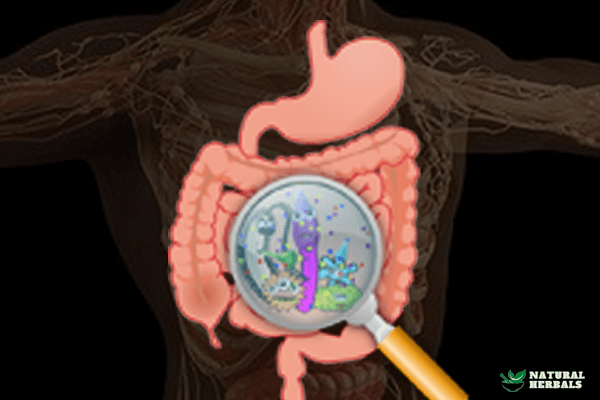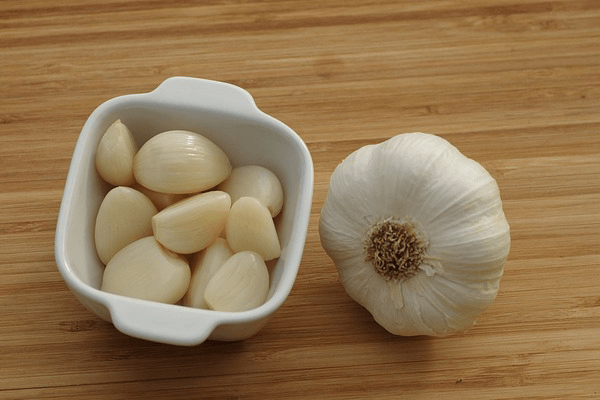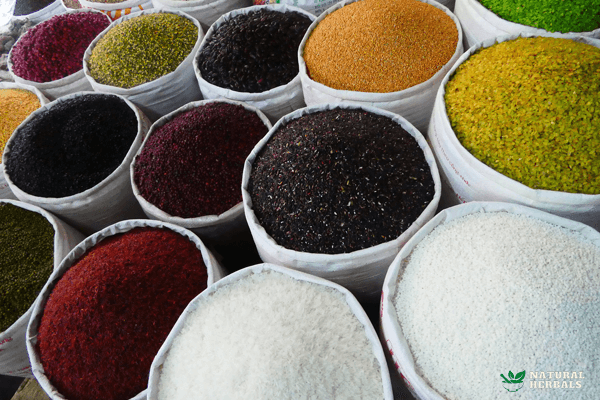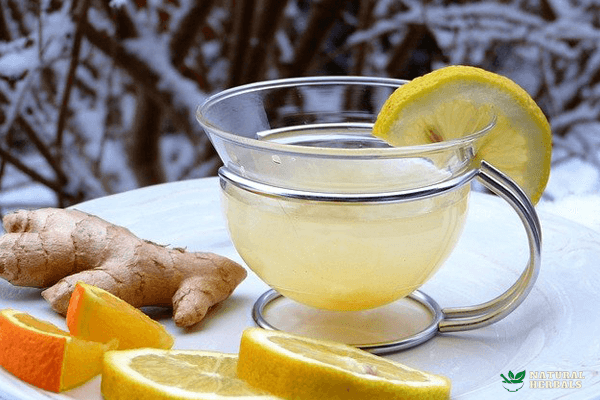
Unraveling the Hidden Powers of Common Spices in Alleviating Bloating and Enhancing Digestive Health
In the hustle and bustle of modern life, bloating has become an unwelcome yet frequent guest in many people's lives. Often caused by dietary choices, digestive disorders, or hormonal fluctuations, bloating can range from mildly uncomfortable to severely distressing. However, relief may be closer than you think – within your kitchen cabinet. Certain spices and herbs, commonplace in many cuisines, can offer surprising benefits in combating bloating and promoting gut health.
The Bloating Busters: Spices that Alleviate Discomfort
Ginger, a plant native to Asia, is widely recognized for its medicinal properties. Its anti-inflammatory and antioxidant qualities can significantly improve gastric motility, reducing symptoms such as intestinal cramping, flatulence, and bloating.
Fennel seeds, derived from the bulbous fall vegetable, support gut health and can help alleviate bloating. Their antispasmodic and antibacterial properties aid in digestion and reduce the presence of harmful microorganisms in the gut.
Cumin, a parsley family member, is known for its anti-diabetic and anti-inflammatory effects. It also supports bile production, essential for nutrient digestion and absorption, thus reducing bloating and preventing stomach cramps.
Black pepper, a versatile spice, is rich in piperine – a compound known to improve digestion and enhance nutrient absorption, thereby reducing bloating.
Cinnamon, a universally loved spice, promotes blood flow and healthy digestion, relieving bloating.
Coriander seeds accelerate digestion and exhibit antibacterial properties, supporting a healthy gut microbiome and reducing inflammation.
Cardamom, a spice from the ginger family, possesses antibacterial, antioxidant, anti-inflammatory, and diuretic properties. It aids digestion and helps flush out excess fluids, contributing to a bloated feeling.
The Culprits: Spices that Can Exacerbate Bloating
Not all spices are beneficial for bloating. Garlic, onions, and chili peppers can disrupt digestion and cause gas buildup due to their high fructan and capsaicin content.
The Root Causes of Bloating
Bloating often results from excessive gas, indicative of an underperforming digestive tract. It can also stem from constipation, bowel obstructions, weight gain, and hormonal fluctuations.
Incorporating Spices into Your Routine
Spices can be incorporated into your diet, such as steeping them for hot tea, adding them to smoothies, cooking curries, or incorporating them into salads and dressings.
Additional Measures to Reduce Bloating
Besides dietary changes, lifestyle habits like eating slowly, maintaining good posture, drinking room-temperature beverages, and taking walks after meals can help prevent bloating.
Bloating, while common, should not be a constant discomfort in one's life. Incorporating certain spices into one's diet can offer significant relief and promote digestive health. However, persistent bloating despite dietary and lifestyle changes warrants medical attention. As we explore the healing power of spices, we are reminded again that sometimes, the most straightforward solutions are right at our fingertips – or, in this case, our kitchen cabinets.

I am an official member of International Association of Therapists and research natural healing methods and herbs. The posts are my findings.




